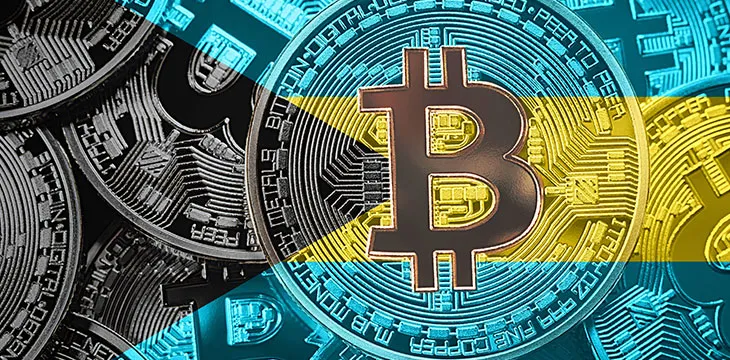|
Getting your Trinity Audio player ready...
|
The Central Bank of the Bahamas has confirmed it will launch a national digital currency by 2020, becoming the first country to issue a central currency on blockchain.
The bank is preparing to enter into an agreement for the development of the new currency system later this week, as part of a scheme dubbed “Project Sand Dollar,” according to The Nassau Guardian report.
Transaction provider NZIA.io will work with the central bank to develop the infrastructure, alongside Singapore-based Zynesis, which the bank first disclosed back in March when news of the project first broke.
The central bank said the system would provide an “integrated, affordable electronic payment system for all businesses and residents,” noting that the technology would reduce the need for cash payments in the island country.
The project is being developed in line with existing financial regulations, and will address issues designed to ensure equal access to payments to all residents in the country. The project will initially be trialed across selected islands, ahead of a full roll-out pledged by 2020.
The deal confirms plans first announced back in June 2018, when the central bank indicated it was exploring a government-backed digital currency for the first time.
It comes at a time of increasing interest in central bank digital currencies, with a number of central banks worldwide actively considering similar plans, or at least exploring how they can make more use of blockchain technology within their own banking and financial systems.
While some have expressed concerns about the impact on legacy banking systems, including the president of the Deutsche Bundesbank, the Bahamas project will be monitored closely over the coming months as the first example of its kind to be formally brought forward.
Blockchain payments offer significant advantages in both business and consumer transactions over fiat currencies. Bitcoin SV (BSV) for example, lower fees, faster transaction speeds and in-built scalability make it easier and cheaper to send money peer to peer – without the need for banking or other central payment authorities.
With a further announcement expected Thursday, the project will be closely monitored by central banks elsewhere.

 08-08-2025
08-08-2025 





